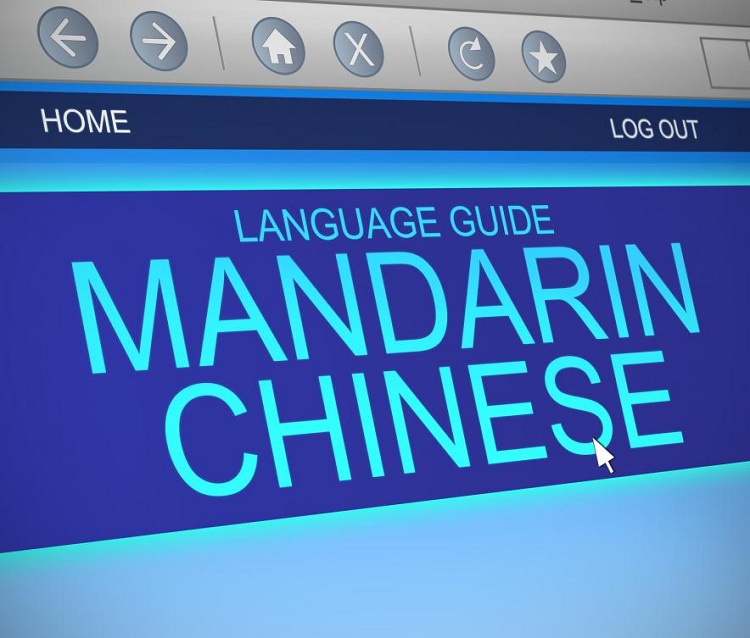

Bursting The Bubble: Chinese Translation Misconceptions Revealed!
Many people who do not know Chinese or only know a few things in Chinese tend to believe things about the language that are not actually true. Let’s look at some of the misconceptions that our translators find to be the most interesting:
1. Chinese has no grammar
Just because Chinese grammar is not similar to the grammar of European languages, doesn’t mean it doesn’t have a grammar at all. Some people assume that Chinese translators do not have to be experts in grammatical notions of the Chinese language mainly because there is no grammar to be understood. While Chinese may not have a grammar that depends on conjugation, agreement, declension, gender etc., it does have a grammar.
To a Chinese translator, it is like saying that European languages do not have writing systems only because they have alphabets instead of characters. One thing that should be understood by people is that different families of languages will have their own grammar and their own writing systems.

2. You just need to be fluent in Chinese to be a good translator
You need a lot more than just being fluent in Chinese to become a good translator. A language is not just about grammar, set of rules, syntax, sounds, and structures. A language is directly connected to the culture and plays a huge role in the representation of a particular culture. A lot of people choose to delude themselves into thinking that perhaps the knowledge of words, grammar and structure will make them a great translator. What they do not realize is that a language can only be understood completely when you understand the culture that it exists in too. The knowledge of a culture and its traditions is crucial to becoming a professional translator.
One cannot translate an idiom or a pun in another language without changing the words. The same goes for the Chinese language. Generally, only native speakers are well versed in doing so because they know the Chinese equivalent of the pun that has been used in the source language. Most non-native translators do not really have the correct knowledge about them.
3. Chinese is one language
Well, it is one language, but the dialects within Chinese have so many variations that they can practically pass for different languages when compared to each other. If you say you know Chinese, it is like saying you know Australian or European. It doesn’t make sense, right?
Most Chinese translators know Mandarin Chinese which is the official language of China. This definitely does not mean that if one is fluent in Mandarin Chinese, they are going to understand other dialects as well. He may know some, but automatically assuming that he would know them is like expecting a European from France to know German, Spanish and Turkish too.
 +1-877-574-2407 (US and Canada Toll Free)
+1-877-574-2407 (US and Canada Toll Free)  service@limpid-translations.com
service@limpid-translations.com



